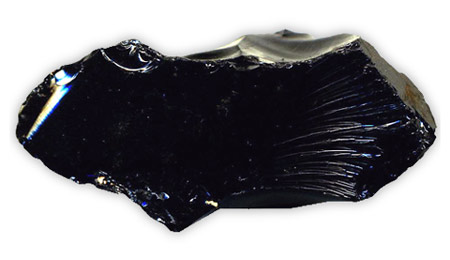
Gilsonite, also known as uintahite or asphaltum, is a bitumen-impregnated rock (asphaltite) mainly found in the Uintah Basin of Utah and Colorado, United States. It is a naturally occurring solid hydrocarbon bitumen. Although it occurs also in other locations, its large-scale production occurs only in the Uintah Basin.
Gilsonite is mined in underground shafts and resembles shiny black obsidian. Discovered in the 1860s, it was first marketed as a lacquer, electrical insulator, and waterproofing compound about twenty-five years later by Samuel H. Gilson.
By 1888 Gilson had started a company to mine the substance, but soon discovered the vein was located on the Uintah and Ouray Indian Reservation. Under great political pressure Congress removed some 7,000 acres (28 km2) from the reservation on May 24, 1888 to allow the mining to proceed legally. Gilsonite mining became the first large commercial enterprise in the Uintah Basin, causing most of its early population growth.
This unique mineral is used in more than 160 products, primarily in dark-colored printing inks and paints, oil well drilling muds and cements, asphalt modifiers, foundry sand additives, and a wide variety of chemical products. The trademark, registered in 1921, belongs to the American Gilsonite Company.
Mining Gilsonite during World War II was by hand, using a six-pound pick and then shoveling the ore into 200 pound sacks, which were sewn by hand. In 1949 at the Parriette Gilsonite mine near Myton, Utah, Reed Smoot McConkie set the world record for ore mined by hand. Using his pick and shovel, he mined 175 bags of ore in an 8-hour day, 950 bags in a six-day week, 1925 bags in a month and 15,000 bags in one year.
Gilsonite-brand uintahite's earliest applications included paints for buggies and emulsions for beer-vat lining. It was used by Ford Motor Company as a principal component of the japan black lacquer used on most of the Ford Model T cars.
Gilsonite is one of the key ingredients in Minwax wood stain
The benefits of adding to the bitumen refinery gilsonite:
When gilsonite (natural bitumen) bitumen refinery is added to lower the viscosity and increase the degree of influence and increase the softness of it. Features and benefits of bitumen refinery mixed with Gilsonite, as follows: Reduced bore down (rejected wheel) and other pavement problems that resulted in the loss during heavy traffic caused by the hot weather. Reduce the heat sensitivity of the pitch, so it's good performance at high temperatures and is less damage in low temperatures. Add Gylsvnyt easy Gylsvnyt can be added directly into the hot tar or asphalt mixed.
It also reduces the contracting process . This economic performance and costs using Gylsvnyt Add ethylene vinyl acetate (EVA) or styrene butadiene styrene (SBS) rubber . Another advantage is the use of Gylsvnyt as MODIFIR . This advantage can be hot asphalt during the manufacturing process and often resolve problems polymer is important . Combining ease Gylsvnyt with other hot components . Stable form during storage solution that stays the same. There is no need for changes in how the asphalt
Natural Bitumen
The Group extracts natural bitumen according to customer's need from 2 untill 80 Ashes. For increasing client's satisfactions the final dlivery of gilsonite will be 1 or 3 ashes better and higher than degree of ashes implied in contract
The IBG supplies the exrected gilsonite in forms of clods and powder from 30 till 300 meshs and various types of packaging






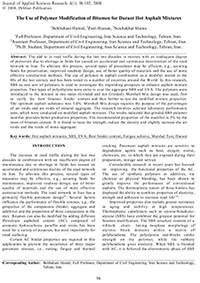
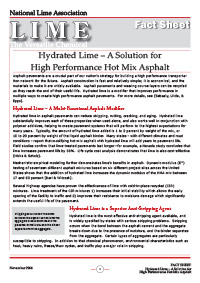
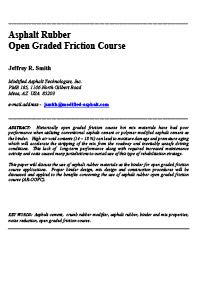
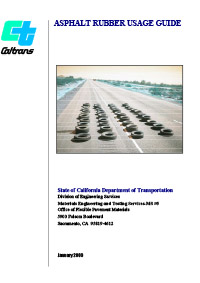
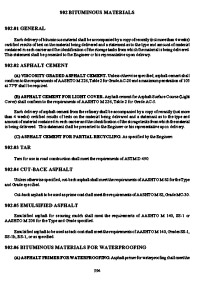
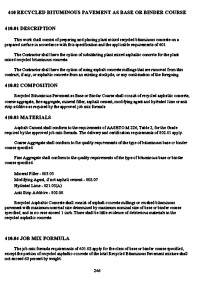
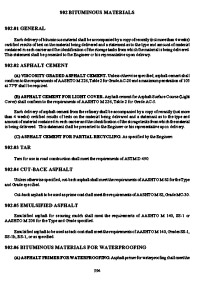
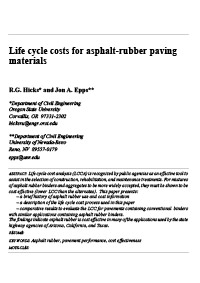
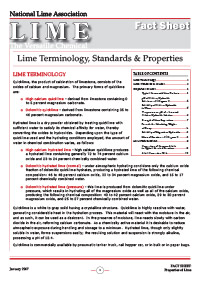
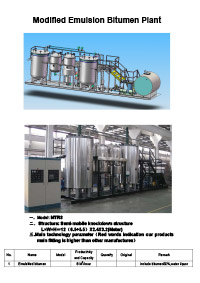
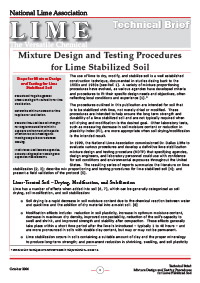
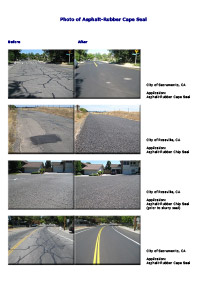
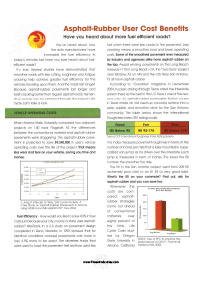
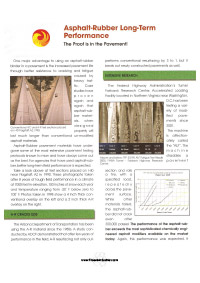
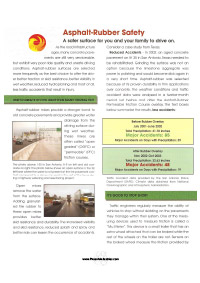
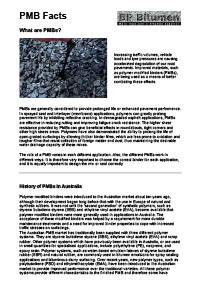
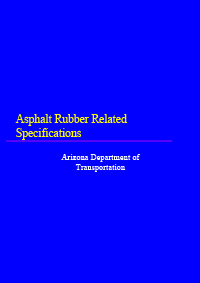
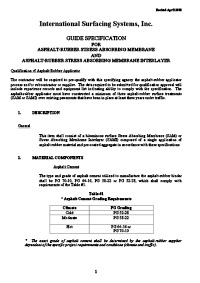
 Gilsonite, also known as uintahite or asphaltum, is a bitumen-impregnated rock (asphaltite) mainly found in the Uintah Basin of Utah and Colorado, United States. It is a naturally occurring solid hydrocarbon bitumen. Although it occurs also in other locations, its large-scale production occurs only in the Uintah Basin.
Gilsonite, also known as uintahite or asphaltum, is a bitumen-impregnated rock (asphaltite) mainly found in the Uintah Basin of Utah and Colorado, United States. It is a naturally occurring solid hydrocarbon bitumen. Although it occurs also in other locations, its large-scale production occurs only in the Uintah Basin.